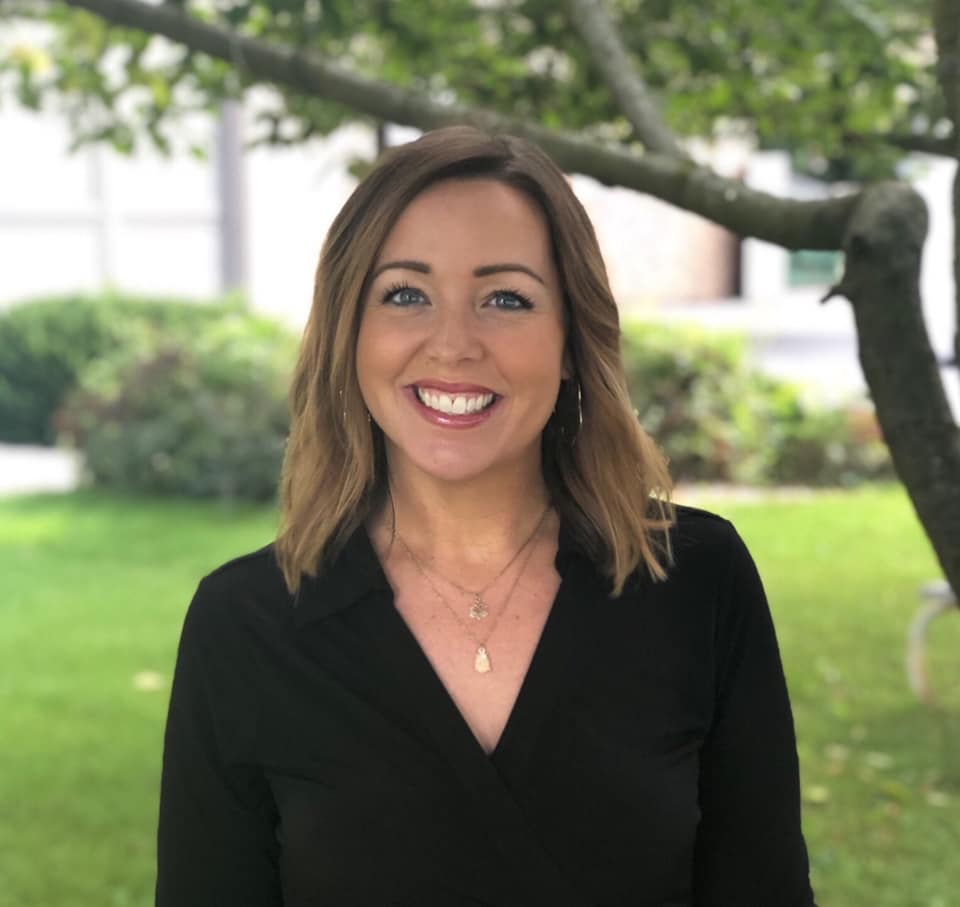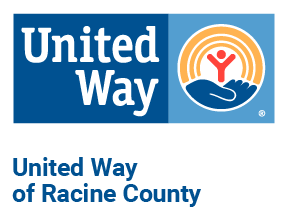 June 27, 2020 — Over the last few weeks, it’s been simultaneously relieving, humbling and hope-inspiring to watch our country's dialogue about race receive the attention and progress it deserves. Discussions have appeared on every media outlet and given a voice to many. However, one set of voices is all too often missing from this conversation: That of my white counterparts.
June 27, 2020 — Over the last few weeks, it’s been simultaneously relieving, humbling and hope-inspiring to watch our country's dialogue about race receive the attention and progress it deserves. Discussions have appeared on every media outlet and given a voice to many. However, one set of voices is all too often missing from this conversation: That of my white counterparts.
A large number of white individuals remain uncomfortable discussing race. Many of us are afraid that despite our good intentions, we may be identified as racist. Some of us are tired of being told we are the problem. Some just don’t feel informed enough to challenge statements made by friends and family that we know in our cores are not right.
I’m here to tell you that’s normal. I’m also here to tell you we need to get over it. Our voices are an important part of change. People of color are well aware that Black Lives Matter. Are you? Do you truly understand the importance of the statement? If not, it’s time to learn.
I don’t say this to offend any person reading this. I get it. Up until a few years ago, I would have been among those saying “all lives matter!” Those of us who have said this aren’t malicious. We don’t deny the value of black lives — but we are ignorant. I am fortunate to have someone willing to push me into the discomfort of realizing why I was wrong.
United Way of Racine County started Community Conversations in 2013. All our staff were trained on these conversations and participated. Inspired by the work of the Harwood Institute, the conversations consist of 90-minute, “kitchen table” style discussions where small groups share their opinions about anything from the general state of the community, to the best way to launch new community schools, to how our community is doing on race and equity.
In 2016, Rodney Prunty — my boss at the time — pulled me into his office to explain he had a new idea for Community Conversations. Rodney was a true visionary and a wonderful mentor who led our organization for six years. He is also Black — and he wanted our Community Conversations to focus on race and equity.
As soon as he said it, my reaction was “No way. That’s a horrible idea.” Immediately I feared the conflict this could initiate. However, the further our discussion progressed, the more I realized I wasn’t going to win this argument.
Then he looked at me and said, “Ali, you’re going to oversee this project.” My heart sank. My underlying anxieties about race crept up into my thoughts. What if someone thinks I’m a racist? I’m a middle-class white woman; how does my participation help? I felt ill-equipped and scared. I pled with him to not make me do it. Then, he looked at me and said something I will never forget: “Ali, it needs to be you.” He explained that as a Black man, everyone would expect him to want to discuss race and equity. He knew having me oversee the project would protect it from being stereotyped as his personally motivated pet project. At that moment, I started to realize the necessity of having white people at the table.
For the next three years, I oversaw Community Conversations about race, equity and inclusion. We spoke to hundreds of people from every demographic: community leaders, students, police officers, impact partner clients, neighborhood watch groups — anyone who would talk to us. Those conversations were life changing not just for me, but for our whole organization.
Personally, the conversations gave me a new level of awareness. I started to understand how routine, necessary tasks like driving and shopping carried an added level of stress for which people of color had to actively prepare. I heard statements I had regularly made, like “I don’t see color,” challenged and broken down, and I began to realize where I had been wrong. Most of all, I started to understand how little I understood about the history of race in our country, and I began to yearn to learn more. I began to regularly attend racial equity workshops, and as each class deepened my understanding, my defensiveness shrank and my confidence around discussing race grew.
At the same time, United Way started the work of changing our internal practices and cultivating a workplace that is safe and welcoming for everyone. To date, we have created a diversity, equity and inclusion team, diversified our board, and provided regular training for our staff.
I still have a long way to go, and so does our organization. We don’t have it all figured out, and it’s going to be an ongoing process. But it’s necessary work, and the more I participate, the more I understand how much harm it causes to remain quiet and not take action.
From one white person to another, please know:
- You don’t need to be ashamed of your biases. It's human to be biased. But we all have a responsibility to learn what our biases are, to understand why we have them, and to challenge them.
- As white people, we have influence that communities of color don’t have. I’ve seen the difference when I lead conversations on race versus when my colleagues of color lead the conversation. Despite their expertise and lived experience, my presence is often the one that sets listeners most at ease and lets down their guard enough to really listen. This is why it’s crucial that white people join the conversation.
- The more you engage, and the more you learn, the more you will want to continue that participation. It will be easier and easier to challenge misconceptions because you’ll be developing the tools to help you!
- When you say Black lives matter, you are not denying the value of non-Black lives. You are acknowledging Black Americans’ 400 years of oppression and saying “I see what’s been happening, and you need and deserve better.” You are saying “Black lives haven’t been honored as having equal value to non-Black lives, and it’s time for that to change.”
If you are interested in learning more about the history of race in America, I urge you to consider participating in a racial equity workshop. United Way of Racine County will soon launch a free, four-hour virtual training hosted by the Racial Equity Institute. We have hosted and attended workshops like these in the past, but now, more than ever, they are necessary.
Even though the COVID-19 pandemic has temporarily paused our ability to meet face-to-face, it has also shed light on the extent and potency of racism in America. Between that and the recent protests that have taken place across the country, it is crucial for white allies to understand the history of race in America so they can be better equipped to help promote change in the present. More information on the workshops will be available in the next week or two on our website. I hope to see you there.
Ali Haigh is the president and CEO of United Way of Racine County. This article was originally published in the Racine Journal Times.

Website by: OneEach Technologies
Sitemap | Login